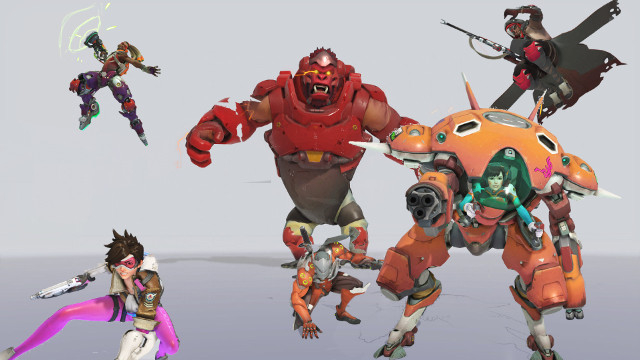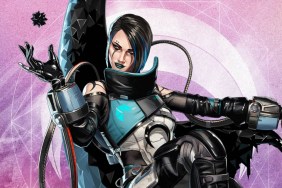With the addition of Overwatch Role Queue, we’ve seen the first major shift in Quick Play since the game’s inception restricted heroes to one player each per team. Now, the format has shifted yet again, forcing players to choose between Tank, Damage, or Support before queueing up for a match. The shift in team compositions and player attitude has been positively wonderful.

Atlas is an action-rpg with rogue-like elements where you use your ability to control the ground to fight the enemies and move through procedurally generated worlds.









